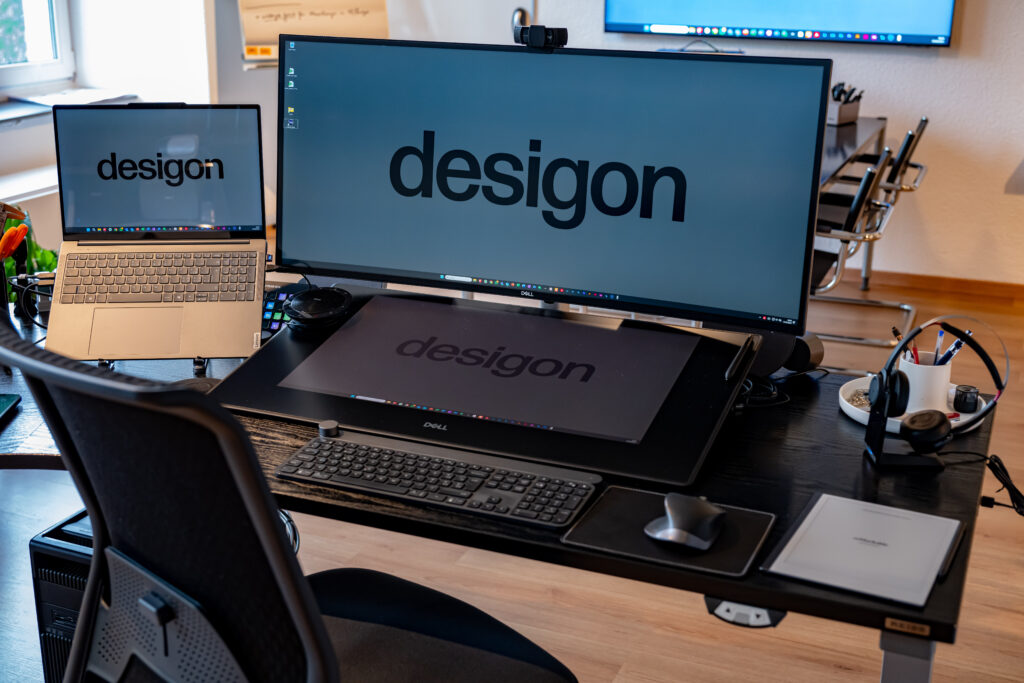Problem Solving as a Core Competence
December 5, 2024
In the early nineties, after a few months of studying electrical engineering at ETH Zurich, I realized that without diligence and corresponding effort, I would not pass the first preliminary diploma – with a failure rate of over 40%. So, I joined a small group of students who shared the same understanding, frequently solving and discussing tasks together until the evening. This repeated practice of the theoretical material throughout my studies eventually led to structured, analytical, focused, and goal-oriented thinking and acting in every situation. This quality became second nature to me.

Looking back, this is precisely the essential and most important competence I gained from my studies at ETH. The theory itself, I have rarely been able to apply in my professional life in the manufacturing industry over the years. Of course, the technical knowledge helps enormously to engage with customers, superiors, colleagues, or employees on an equal footing. However, the approach itself, the solution path, and the structure are clearly central.

What I lacked, however, was business knowledge as well as management and leadership skills. For this reason, I completed an Executive MBA as a postgraduate study in the mid-2000s. This combination of my foundational knowledge from ETH prepared me for leadership and management roles in various international Swiss companies.

My desire for more creative work led me to another postgraduate study in the mid-2010s, namely an MAS in Design Engineering and Innovation. Interestingly, it turned out that industrial design indeed delivers creative and innovative products and solutions, but the process itself – much like what I knew from ETH – is purely a problem-solving process: analysis, definition, concept, design, detailing, and realization.

Finally, five years ago, I realized a long-held wish and started my own company, Desigon GmbH. Since the first week of my self-employment, I have been fully booked with assignments from various customers in different industries. Initially, the focus of my market offering was on design and innovation, but today it is somewhat broader, encompassing the four core areas of analysis, solutions, management, and design. These are areas where I can apply my structured and analytical knowledge from ETH, the business knowledge from the EMBA, and the creative skills from Design Engineering in a combined manner. This rare combination apparently sells very well and ETH laid the foundation for it.






